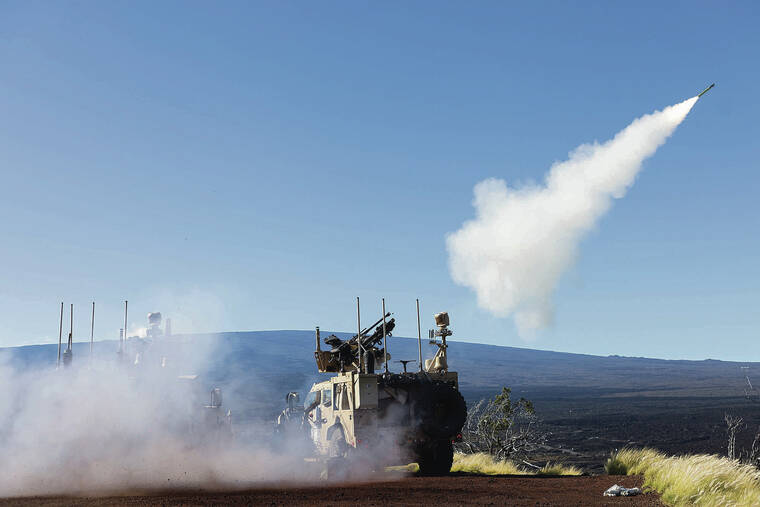
The ongoing negotiations regarding military land leases in Hawaii have sparked significant debate among local leaders and residents. Governor Josh Green and Army Secretary Dan Driscoll have emphasized their commitment to protecting the environment and adhering to legal processes. Yet, critics argue that plans to transfer and use public lands at Pohakuloa for military activities violate state law.
Concerns Over Environmental Impact Statement
The Hawaii Board of Land and Natural Resources recently rejected the Army’s environmental impact statement (EIS), citing numerous flaws. According to the board, Hawaii law prohibits the transfer of public lands without an acceptable EIS being completed. This legal framework aims to ensure that all public natural resources are conserved and protected for the benefit of both present and future generations.
The Hawaii Constitution emphasizes the state’s responsibility to safeguard its natural beauty and resources. It mandates that all public natural resources be held in trust for the people. In light of this, residents are urging Governor Green to reconsider his approach to accommodating the Army’s requests and to prioritize his public trust responsibilities.
Call for Accountability
In a letter published in the Honolulu Star-Advertiser, local resident Gary Hooser expressed concerns about the direction of the negotiations. He urged Governor Green to reflect on the implications of rushing to support military interests over the environmental and legal safeguards in place. Hooser’s comments resonate with many who value the preservation of Hawaii’s unique ecosystems and cultural heritage.
As negotiations continue, the focus remains on ensuring that the legal requirements are met and that the interests of the people of Hawaii are upheld. The outcome will not only impact military operations but also the integrity of Hawaii’s natural environment, a concern that resonates deeply with residents.
Moving forward, the dialogue surrounding military land use in Hawaii will likely remain contentious. Stakeholders from various sectors will need to engage in discussions that balance national security with environmental stewardship and community rights.







